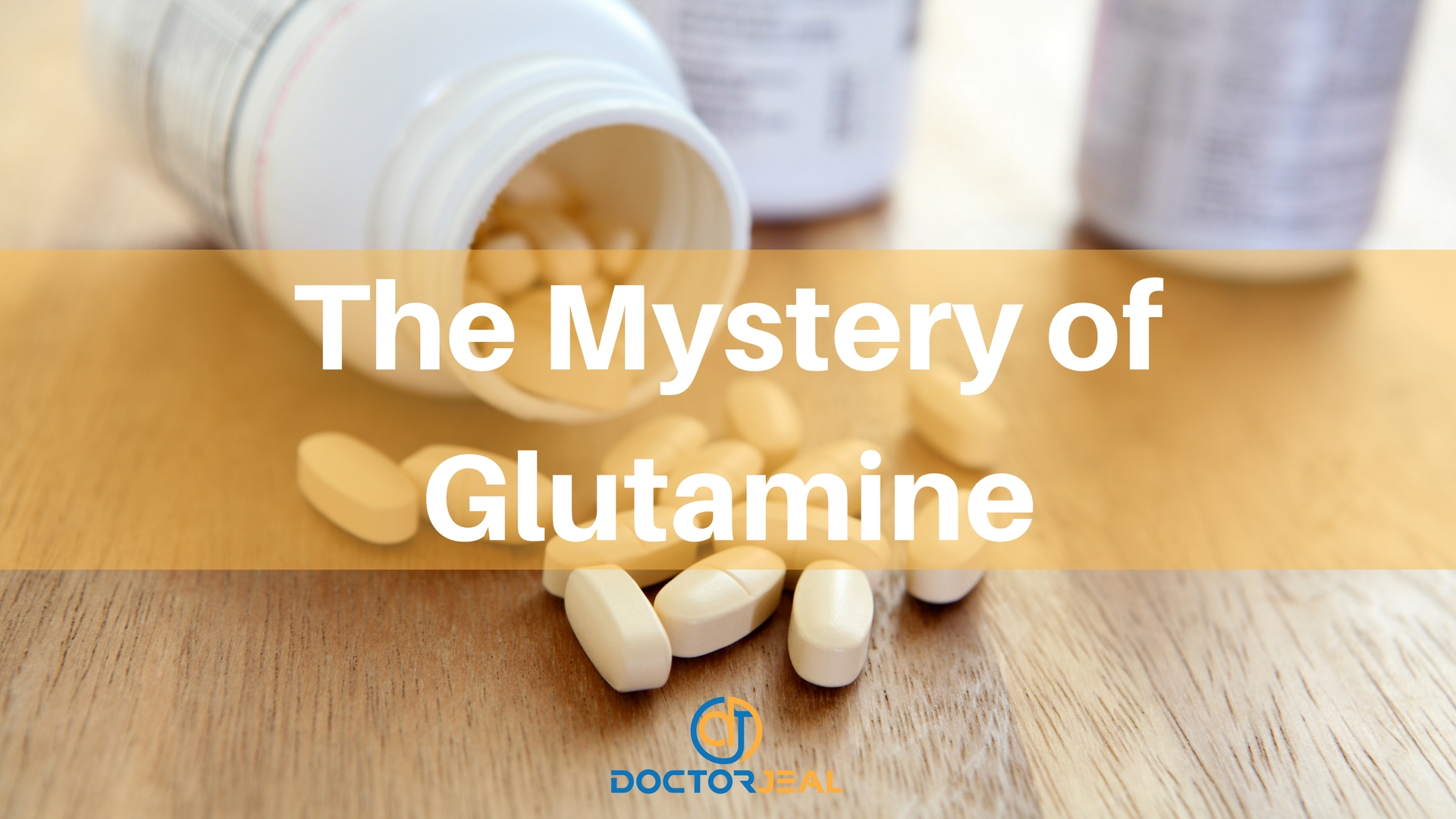Table of Contents
Glutamine has a reputation within the health, fitness and “bodybuilding” industry as being a fundamental supplement for enhancing recovery in training and athletes competing in competitions. The uses of Glutamine are widespread and the use within the health and fitness industry is only one aspect of the potential use of this naturally occurring amino acid. It’s involved in more human metabolic processes than any other. When reading about Glutamine many claims and statements start with ‘seems to’ or ‘could’ due to the fact that most of the potential claims related to specific activities in the health and fitness sector and especially bodybuilding are unsubstantiated and unproven. As your body makes its own Glutamine, supplemented intake is not normally required however in certain circumstances the bodies stores of Glutamine can be lowered which is likely to occur in those suffering from certain medical conditions, currently recovering from injury or illness, recently had surgery or had an infection and even prolonged stress and the key to those in health and fitness, those who have undergone hard and demanding resistance training. In these circumstances, additional supplemented intake of Glutamine is likely to prove useful and aid the rebuilding of the immune system, muscle tissue and reduce recovery time.
What is it?
Glutamine normally referred to as L-Glutamine is one of the 20 amino acids, a building block of proteins; it’s a non-essential amino acid meaning it is naturally found within the body. This amino acid is the most abundant of all 20 amino acids occurring both naturally within the body as well as in our diets and also supplements. To be scientific about Glutamine it is a combination of hydrogen, carbon, nitrogen and oxygen atoms, it’s the monamide of glutamic acid. First isolated from gladin which is present in wheat (1932) Animals synthesize Glutamine from glutamic acid, Glutamine with Glutamic acid is thought to account for nearly 80% of the amino nitrogen (−NH2) of brain tissue hence why many believe Glutamine to be an important ‘brain food’ with its ability to cross the boundary between blood and brain’.
What does it do?
Glutamine has many functions in the body including 1. Removing ammonia, a waste product of the body excreted by the kidney via urea. 2. Contributes Glutamine to the formation of proteins for muscle and tissue construction. 3. Plays an important role in the immune system 4. An important source of energy for the nervous system. 5. Is thought to prevent muscle wastage and aid repair by providing essential proteins to muscle cells
Sources of Glutamine
Found naturally being produced from within the body to facilitate its own needs. Additionally, Glutamine is found in a variety of foods such as beef, pork and poultry, yoghurt, ricotta, cottage cheese, raw spinach, raw parsley, cabbage, beets, carrots and radishes.
Scientific Research & False Claims
Specific scientific research into the benefits as a supplement in training individuals is not completely clear and studies either do not exist or are inconclusive as to its effectiveness that said, we do know what it does and therefore what it could be capable of and how it might help a training individual or athlete. One study compared the frequency of infections within marathon runners post-race and found they were susceptible to infection and illness after a race due to the breakdown in their Glutamine reserves and immune system. Those that had taken Glutamine saw a reduced frequency to infection and illness post-race. There are also false claims within the health and fitness industry and especially that of the bodybuilding community, probably the most contested is that Glutamine increases the stimulation of the human growth hormone production within the pituitary gland. Another such claim is that glutamine is a cure for ulcers in the stomach, for both these claims, no current scientific research exists to reinforce these claims and is not proven.
Supplemented Glutamine & Dosage
Health care professionals may proscribe Glutamine in dosses up between 5,000mg and 15,000mg daily in dosages through the day. A dose of up to 14g a day is considered safe. A normal dose comes in forms of 500mg tablets or in a supplement powder between 1 and 3 times a day. Glutamine powder is water-soluble but should be taken with cold drinks and meal as heat will destroy the amino acid and render it useless.
Summary
Glutamine supplements build on your stores of glutamine, adequate amounts of glutamine stores in the body will ensure they are not depleted during extreme stresses (a resistance workout) and will ensure that your body does not suffer as a result due to being at increase risk to infections as depleted glutamine will have a knock-on affect to the immune system. It will also enable proteins to rebuild muscle tissue and preserver lean muscle as well as aiding recovery. Gym users, therefore, may find an advantage in using Glutamine for these reasons, bearing in mind Glutamine does nothing to enhance muscle strength and power, and it’s an aid to training providing essential Glutamine to the body during extreme stress.

